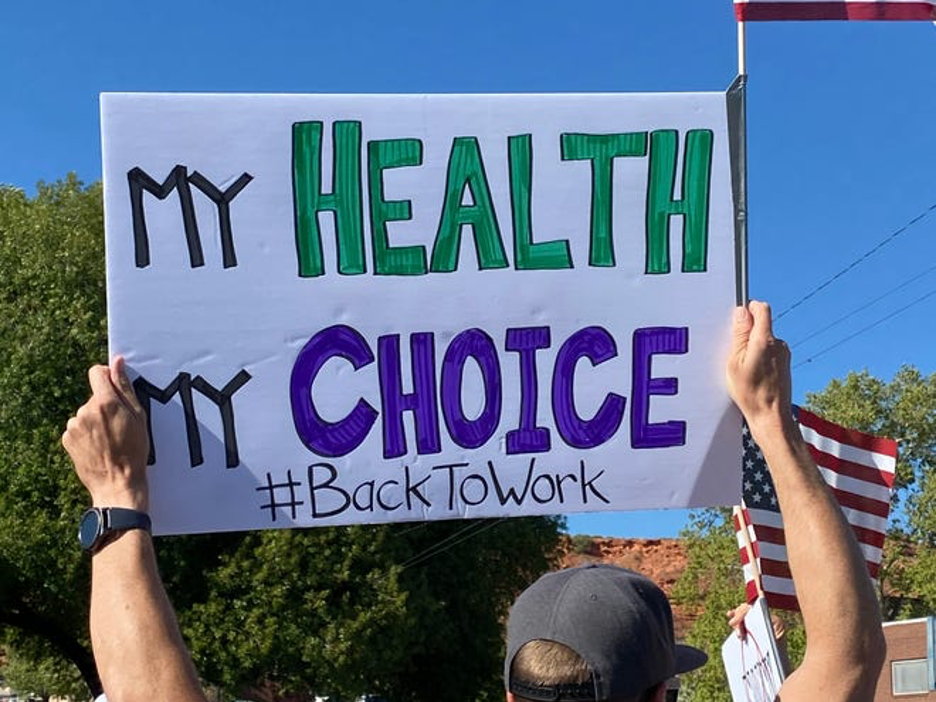
We are not only in the midst of a global pandemic; we are also experiencing a convergence of several global crises that are shedding light on glaring weaknesses in our systems, including:
- Global climate change,
- Global oil market collapse,
- Global fracturing of truth in social media, and
- Global rise in right-wing movements.
What kind of a cluster f&#% are we in? And will the systems that we have come to depend on rebound into utopia or dystopia?
It’s very hard to ponder these questions without examining two frames: The smaller, systems-level frame, and the larger and encompassing philosophies that humans use to design, monitor, and govern these systems.
1. Systems Level
Donella Meadows, lead author of the Limits to Growth and author of Thinking in Systems: A Primer, describes a system as: “A set of interrelated elements organized to serve a particular function or to seek a particular goal.” These interrelated elements include the informational signals that inform the state of the system so it can both develop its capabilities and use those capabilities to make adjustments to increase the chances of performing its function or achieving its goal. These are the system’s adaptive controls, or how it learns. We’re embedded in a plethora of inter-related systems (e.g., the economic system, population health system, and the education system), each of which functions with input and outputs, adjusting these based on feedback loops. These are not closed systems, so changes in one impact others. We see this today as our population health system is challenged by COVID-19, and the economic and education systems strive to react without proper preparation for the scale of this disruption.
This is not to say that systems were coping well before this crises convergence, but are we seeing systems exhibit wild swings in behaviours, including substantial government aid packages, lock down of previously open borders, deferral of democratic elections, increases in domestic violence, supply-chain interruptions, disruptions to the delivery of conventional education, and team sports omitted from our daily lives. These wild swings are not all doom and gloom, and some highlight the positive swings, including cooperation between people who did not cooperate before, health experts speaking at the podiums instead of elected officials, animals and plants taking up urban habitats at an astounding pace, and pollution dissipating over heavily populated cities. This convergence of global crises is acutely messing with established information signals and systems’ ability to adjust. Whether because of gradual change or abrupt shocks, existing sources of intelligence may become cut-off, disrupted, and unreliable, and existing capacities to make adjustments may malfunction or become disabled unless the system has the oversight to notice, predict, and prepare for these changes which leads me to the higher-level philosophies that govern systems.
2. Philosophies that Govern the Systems
This crises convergence is exposing the weaknesses in the prevailing ideas, values and beliefs that established the original function or goals of our systems and the rules that are applied to monitor and integrate these systems.
Resilient systems are established with the value of long-term sustainability of the natural systems in mind – because all other systems are embedded within natural systems. A simple test of this hierarchy is to ask: If the natural systems which provide the sustenance needed for all life on this planet (air, water, nutrients) cease to function, would any of the other systems be able to function? The virus provides a clear example of how the natural system is the foundation of all other systems, with COVID-19 causing massive disruption to economies, societies, healthcare, education, and more. Viruses don’t care if our neoliberal economy is functioning, but they do have preference for conditions that favour their emergence, transmission and reproduction. We share a planetary home with other life forms that have been around for billions of years and have capacities that can be very dangerous to us if we ignore them. We are the new neighbours – we aren’t in charge.
Resilient systems are tended with care and deliberate attention to the selection of accurate, redundant, and diverse sources of intelligence that provide timely and useful information about the system’s own state, the state of interrelated systems, and predictions about possible future states. Cultivating resilient systems also requires conscious thought toward developing, maintaining, and adjusting the capabilities that enable a system to proactively and effectively respond to adaptive challenges.
If health was truly a high priority for our society, our healthcare systems would have been designed with tightly connected and expertly informed intelligence systems to not only track diseases, but to detect the presence of conditions ripe for an outbreak and inform actions to prevent an outbreak. Acute care facilities would be a secondary line of defence to handle outbreaks that were not successfully detected and prevented and would have adequate reserves of beds, staff, life support, and protective equipment. Prior to the COVID-19 pandemic, many people would have commented on how such expensive research facilities, disease surveillance programs, and medical resource inventories would have been a colossal waste of money. During the early onset, many were wishing our healthcare system had such extra qualities that would support simultaneously performing elective surgeries while also caring for COVID-19 patients. Now that the initial shock of this pandemic is waning, we are seeing the re-emergence of values of the neoliberal economy over health.
We are in a complex mess, and our existing systems and the way they are governed are on a breakdown path. Our systems are not adequately resilient as they lack adequate oversight and governance to build in systemic adaptive capabilities to weather storms of crises. But there is hope… Humans were endowed with intelligence to understand system behaviour and conscious thought toward long-term and life-sustaining design, deployment, and governance of our systems. The challenge is whether we have the collective fortitude to overcome the societal frictions that inhibit a transition to more resilient systems. More to come on this in a future newsletter.
Laura is a Human Venture Leadership Alumnus and a Human Venture Leadership Board Member. Laura is currently the Director, Technology & Information Business Services for Liquids Pipelines at Enbridge.
